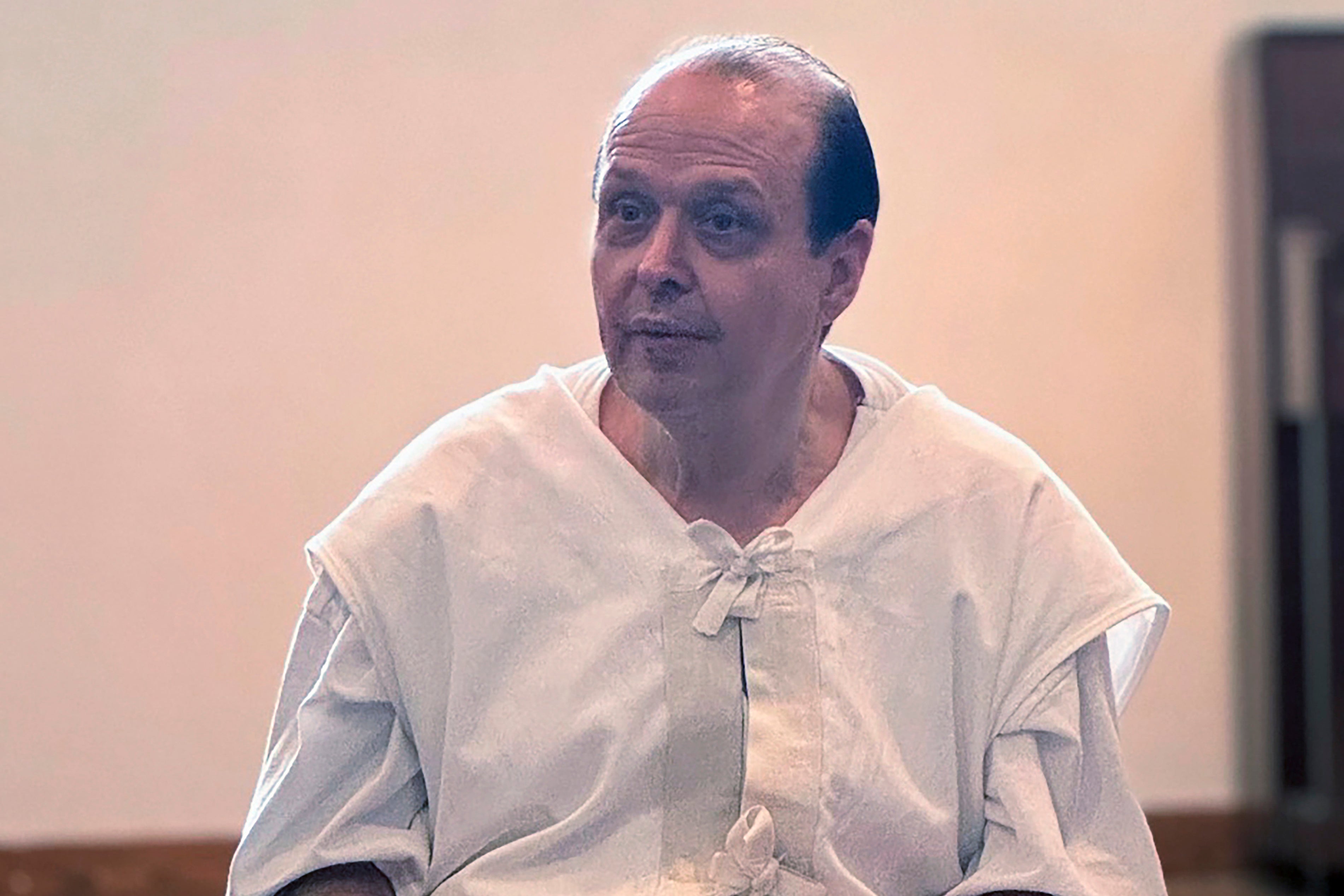Execution of ‘shaken baby’ death row inmate can go ahead despite dramatic reprieve, court rules
Subpoena from Texas legislature caused court to pause Robert Roberson’s planned October execution
The Supreme Court of Texas on Friday paved the way for the potential execution of Robert Roberson, whose planned October 17 execution date for a 2002 murder was postponed at the last minute as a bipartisan group of lawmakers sought his testimony over innocence concerns and faulty science in the case.
Roberson, 57, was sentenced to death in 2003 for the killing of his two-year-old daughter Nikki, with prosecutors attributing the death to “shaken baby syndrome,” a condition that’s since been discredited by medical experts. Roberson maintains his innocence and his execution would mark the first in the U.S. for a killing related to the syndrome since it has been deemed medically unreliable.
Despite growing bipartisan concern over the case, and appeals to state officials and the U.S. Supreme Court, Roberson’s execution was scheduled for October 17. The day before the planned execution, a criminal law committee in the Texas of Representatives issued a subpoena calling for Roberson to testify about his case on October 21, after the scheduled execution date.
This set off a conflict between Texas’s branches of government, with the executive branch seeking to push forward with the execution and the legislature seeking to pause it through the subpoena, prompting the state’s high court to weigh in.
The Texas Supreme Court, in its ruling on Friday, affirmed the legislature’s general power to issue subpoenas seeking testimony but said lawmakers couldn’t prevent a previously scheduled execution with one.
“The facts allegedly giving rise to a need for Roberson’s testimony have been public knowledge for years,” Justice Evan Young wrote in the court’s ruling, warning that allowing the subpoena to pause an execution in a case like this could “effectively usurp or undermine the constitutional prerogatives of the other branches of government.”

The ruling leaves Roberson in limbo once again. It is unclear if a new execution date has been scheduled.
The Independent has contacted the Texas governor and attorney general for comment.
Advocates for the inmate welcomed the decision, arguing it affirmed their right to seek Roberson’s testimony and gave him another chance at a reprieve.
“The ancillary benefit to Mr. Roberson of staying his execution hopefully gives time for those with power to address a grave wrong to see what is apparent to anyone who gives the medical evidence fair consideration: his daughter Nikki’s death was a tragedy not a crime; Robert is innocent,” his attorney Gretchen Sween told Houston Public Media.
Texas lawmakers also said they hoped the decision would allow for further time to consider Roberson’s case.
“My expectation is that we will now receive Roberson’s testimony, and it will be clear in time who was on the rights side of history and who championed the execution of a potentially innocent person,” Representative Brian Harrison said in a statement on X.
During the late-October hearing that prompted the subpoena, state officials blocked Roberson from testifying in person, but an original juror in the case told lawmakers she was unaware of Nikki’s past medical history and would’ve found Roberson “not guilty.”
TV personality Phillip “Dr. Phil” McGraw testified he was “100 percent” an execution would amount to a miscarriage of justice.
Roberson first came to the attention of authorities when he brought Nikki to Children’s Medical Center in Dallas, where she died on February 1, 2002.
A pediatrician determined that abuse played a factor in the death of the child, who had been suffering from a respiratory infection, diarrhea, and vomiting. A medical examiner later ruled Nikki’s death a homicide. Investigators did not further investigate the incident or consider her past illnesses or prescription medications.
A 2021 evidentiary hearing considered Roberson’s case in light of the state’s junk science law and rejected his claims.

